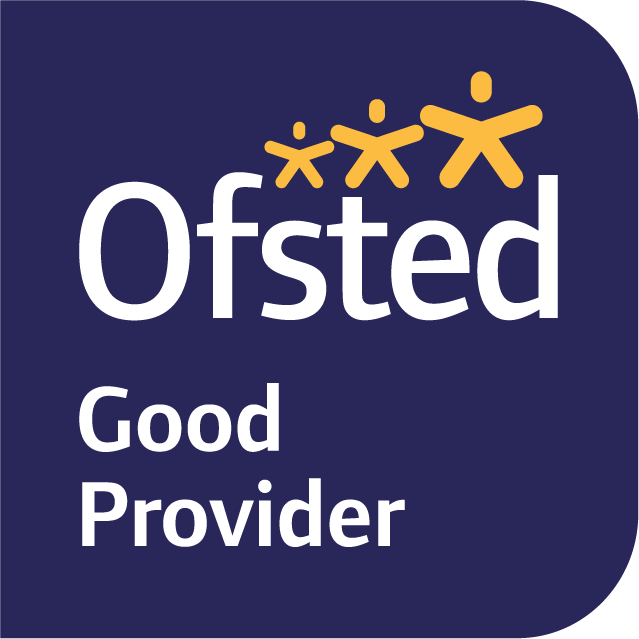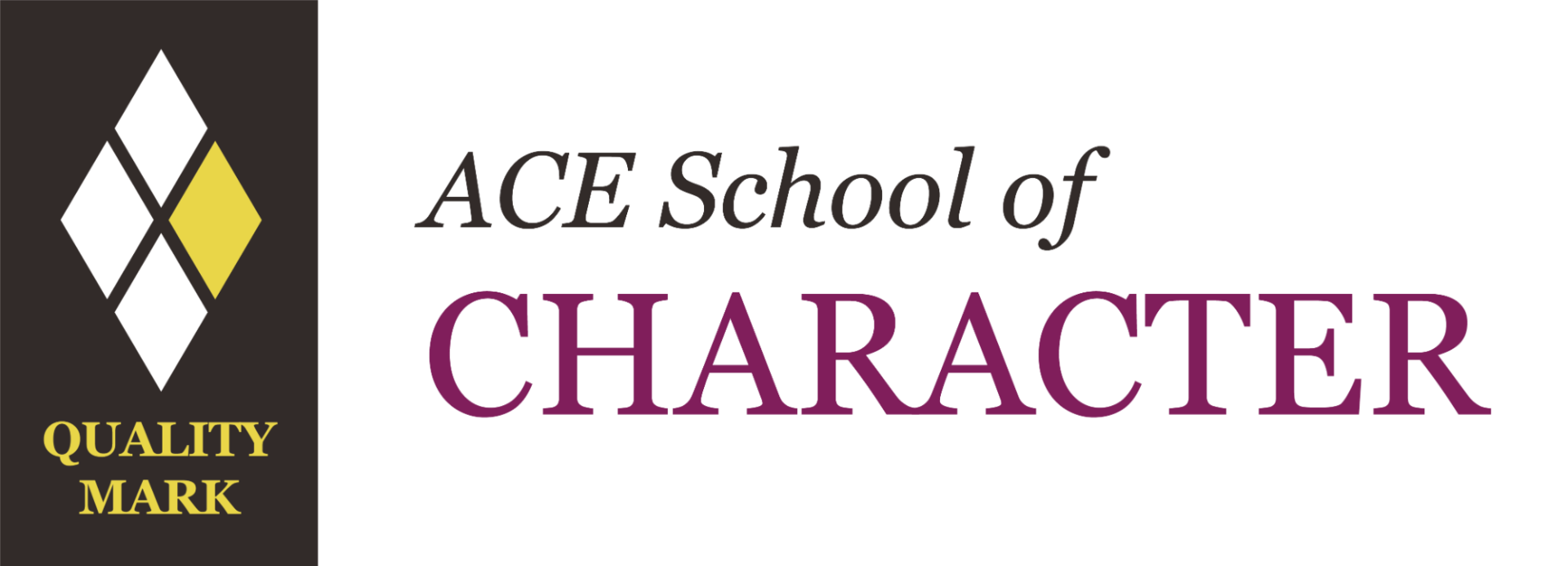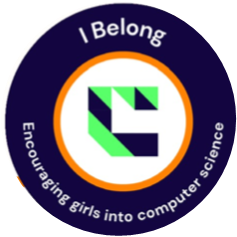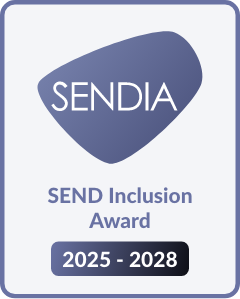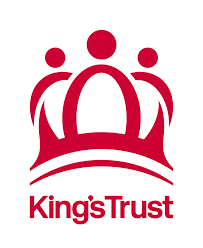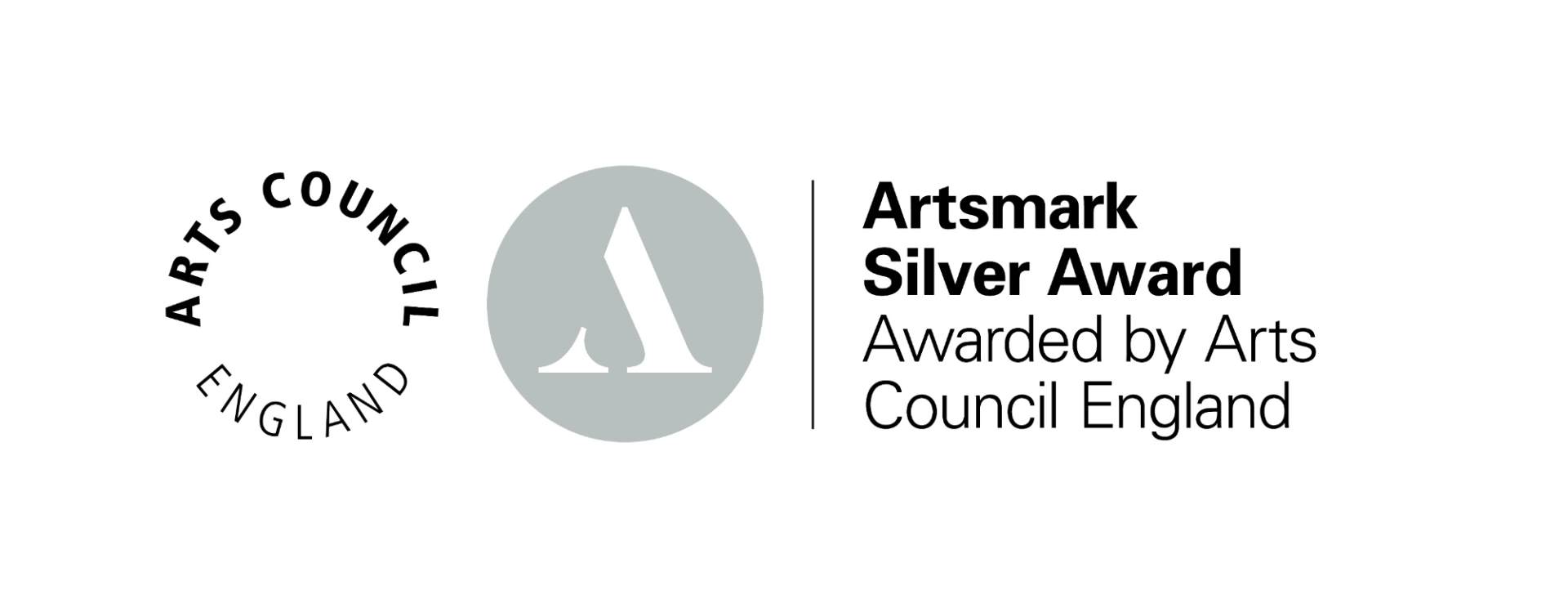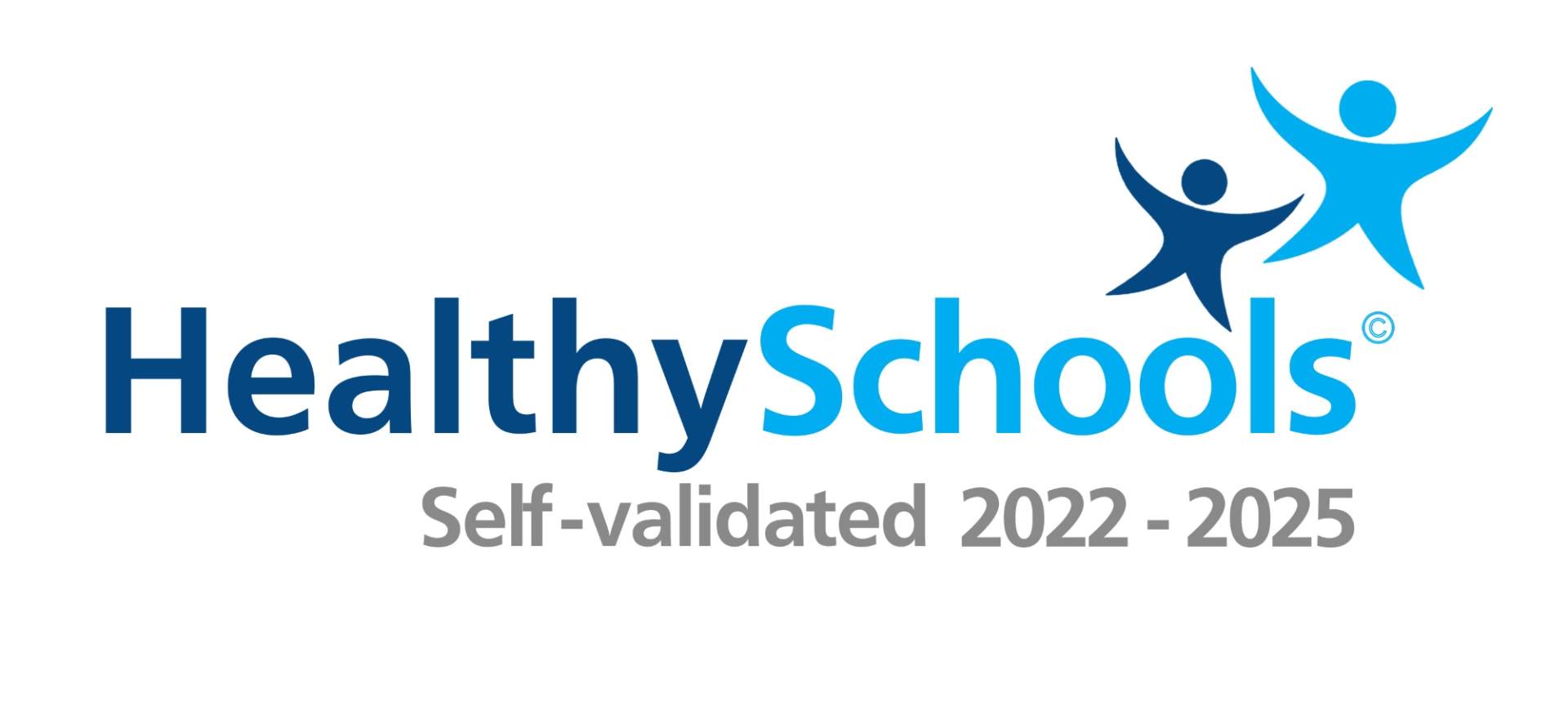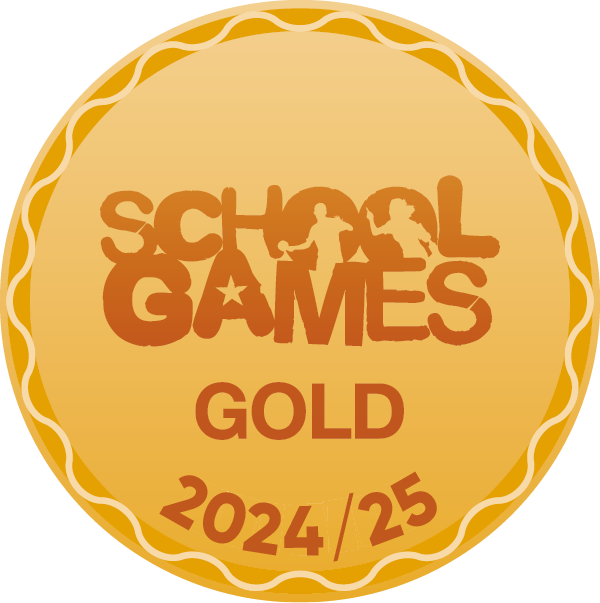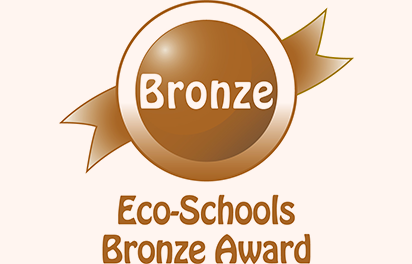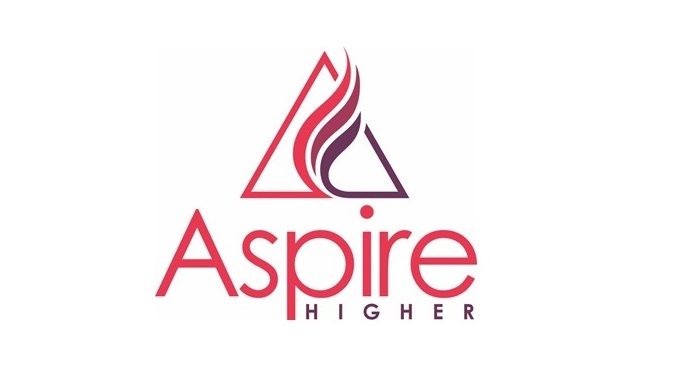Design & Technology (Food)
Curriculum Lead
Mr S Ahmad - Curriculum Lead Design & Technology
Curriculum Principles & Intent
Design and Technology is all around us in our modern world. Learning about Design and Technology helps our students understand the world in which they are living, and actively engage in it. It helps them know where we have been and develop where we are going.
The Design and Technology curriculum at The Adeyfield Academy consists of a range of creative, imaginative and innovative experiences of designing and practical based activities. Using a range of materials from three main areas: Resistant materials, Textiles and Food.
Within the specialism of Food we intend for students to understand the Nutritional value of food and be able to apply this knowledge to the planning and preparation of well balanced meals.
The curriculum is designed to give all students the opportunity to learn the skills and knowledge to engage positively with materials, components, products, and technologies in the world around them. Through these types of activities students are actively contributing to the creativity, culture, wealth and well-being of themselves and their community.
Key Stage 4 Specification
WJEC Level 1/2 Award Hospitality and Catering: WJEC 5569QA
Exam Board : WJEC
Hospitality & Catering is a practical and applied course where students learn how food is prepared, cooked and served in the hospitality industry. It is ideal for students who enjoy practical cooking, learning kitchen skills and understanding how the catering industry works.
Course Content:
Students will learn a blend of practical cooking, nutrition, and industry knowledge. Topics include:
Practical Skills- Safe and hygienic food preparation
- Cooking a wide range of dishes using different techniques
- Planning, preparing and presenting meals
- Working safely in a kitchen environment
- Types of hospitality and catering providers
- Job roles within the industry
Health and safety in hospitality environments - Food safety legislation
- Menu planning and dietary needs
- Factors affecting the success of hospitality businesses
Mode of Assessment:
Unit 1 – Hospitality & Catering Industry (40%)- Examined Unit – 90-minute written exam. Covers industry knowledge, job roles, kitchen operations, food safety and understanding how the industry works
Non-Exam Assessment (NEA). A practical task where students plan, prepare, cook and present two dishes to meet a brief. Includes a written portfolio showing research, planning, time plans, evaluation and practical outcomes
Why Study Hospitality & Catering?
- Develops confidence, independence and real-life cooking skills
- Builds understanding of nutrition, health and safe food preparation
- Great for students who enjoy practical learning and making dishes
- Encourages teamwork, time management and organisation
- Provides a strong foundation for careers in food, hospitality, catering and customer service
It is ideal for students who:
- Enjoy cooking and learning new recipes
- Prefer hands-on, practical subjects
- Are interested in food, nutrition, or the hospitality industry
- Want a course assessed through a mix of practical and written work
Career Progression
Post-16 Courses
- Level 3 Food Science & Nutrition
- Level 3 Hospitality & Catering
- Professional Cookery courses
Apprenticeships in Hospitality, Catering or Front of House
Career Pathways
- Chef or Cook
- Catering Manager
- Restaurant Manager
- Hotel or Events Management
- Food Technologist
- Nutrition or Dietetics (with further study)
Bakery and Patisserie - Front of House and Customer Service Roles
Wider Reading List - Design & Technology




